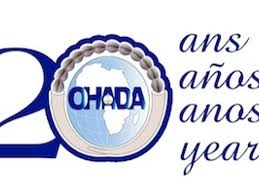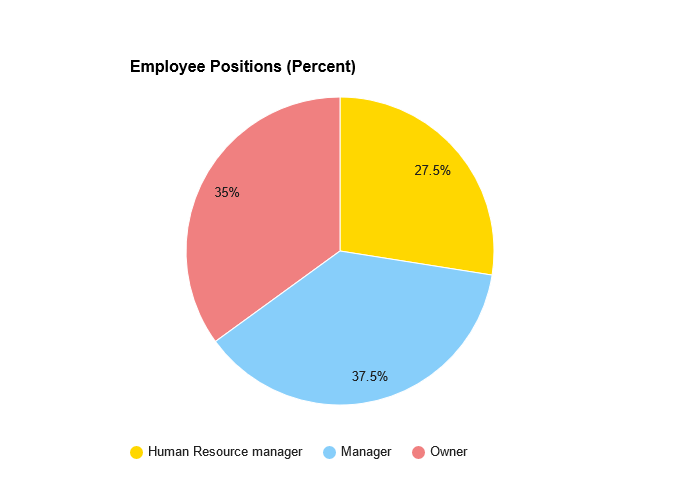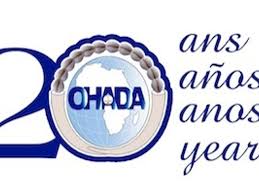
Understanding OHADA's Sequestration and Enforcement Measures: A Practical Guide
Business Person: I’ve heard about the new OHADA Uniform Act on simplified recovery procedures and enforcement measures, specifically about sequestration. Can you explain how this impacts my business?
OHADA Lawyer: Absolutely. The Uniform Act of 17 October 2023 introduces updated provisions on sequestration under the OHADA regime. Sequestration, as outlined in the Act, is a protective measure that allows creditors to secure their interests by temporarily freezing a debtor’s assets. This can be crucial for ensuring that your claims are honored, especially when there's a risk that the debtor might dissipate their assets.
Business Person: So, if I suspect a debtor might not pay, I can just freeze their assets?
OHADA Lawyer: Essentially, yes. Article 54 of the Act allows you, as a creditor, to apply to the competent court for sequestration of the debtor’s assets if your claim appears legitimate and if there's evidence suggesting the debtor’s actions might jeopardize your ability to recover the debt. This is done without needing to first demand payment from the debtor, which is a significant advantage.
Business Person: What if I already have a court order or a recognized payment instrument like a cheque or promissory note?
OHADA Lawyer: In those cases, Article 55 provides that you don't need prior court approval to initiate sequestration. This applies if you already hold a writ of execution or if the debtor has defaulted on payment, evidenced by instruments like a cheque, promissory note, or unpaid rent under a lease. This provision makes it easier and faster to protect your interests.
Business Person: What types of assets can be sequestered?
OHADA Lawyer: According to Article 56, sequestration can be applied to both tangible and intangible personal property. Once sequestered, these assets become inalienable—they cannot be sold or transferred until the court decides otherwise. This also includes monetary claims; for instance, if the debtor owes money, sequestration can freeze those funds up to the amount authorized by the court, as per Article 57.
Business Person: What happens if the money is in a bank?
OHADA Lawyer: If the sequestered assets are in a banking or similar financial institution, Article 58 ensures that the provisions of Article 161 of the Uniform Act will apply, providing a clear legal framework for handling such situations.
Business Person: Is there a time limit for these measures?
OHADA Lawyer: Yes, Article 60 states that a sequestration order will lapse if it is not executed within three months. Additionally, if the sequestration was initiated without a writ of execution, you must take legal steps to obtain one within a month, or the sequestration could be declared void under Article 61. This ensures that the process is carried out diligently and within a reasonable timeframe.
Business Person: That’s very insightful. How can I ensure compliance and proper management of these legal requirements?
OHADA Lawyer: The key is to work closely with legal experts who are well-versed in OHADA law. Moreover, integrating a robust accounting system like Solafide Accounting can help you keep track of all transactions and potential risks, ensuring you’re always prepared to take necessary legal actions when needed.
Protect your business assets and stay compliant with the latest OHADA Accounting regulations, get our Solafide OHADA accounting at solafide.tech. Explore Solafide Accounting for comprehensive legal and financial management solutions. Visit Solafide Accounting to learn more.









